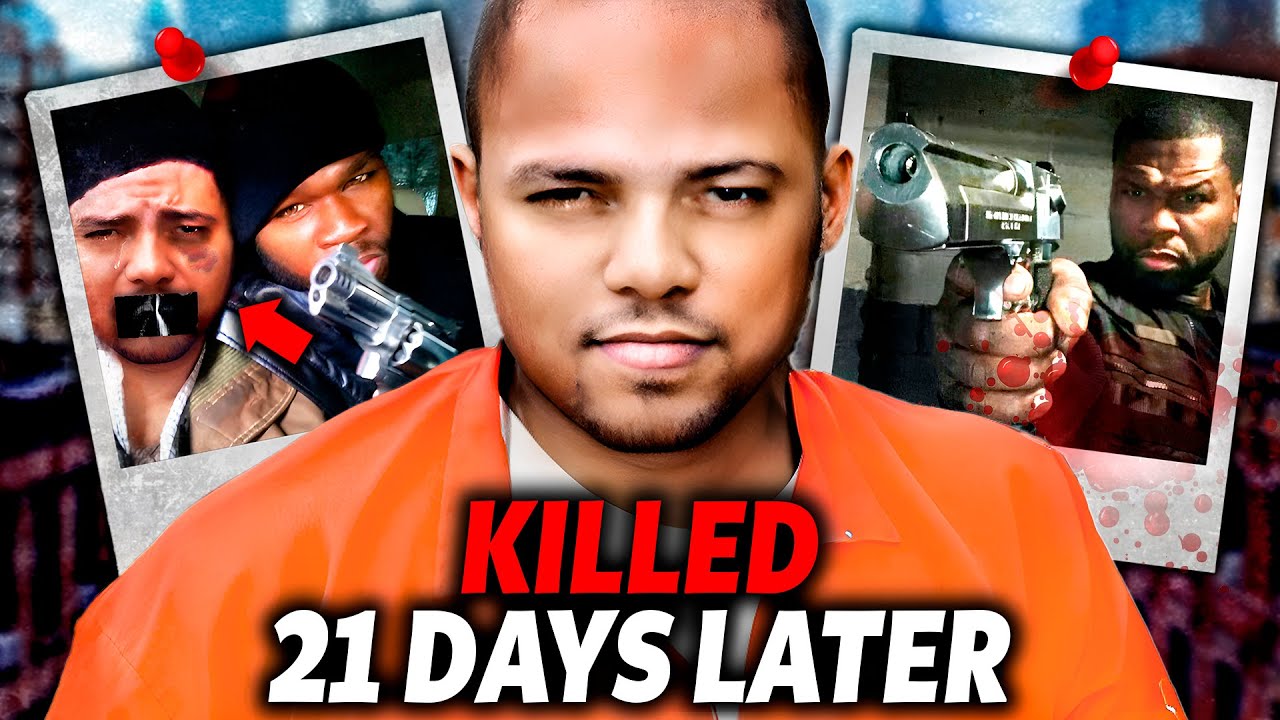On May 24, 2000, the hip-hop world was shaken when Curtis “50 Cent” Jackson was shot nine times in a drive-by shooting outside his grandmother’s house in South Jamaica, Queens. This brutal attack left him critically injured, with gunshot wounds to his hand, arm, hip, legs, chest, and face. Rushed to the hospital, 50 Cent underwent multiple surgeries, fighting for his life. The shocking incident not only marked a pivotal moment in his life but also altered the trajectory of his career and the broader hip-hop community.
 In the aftermath of the shooting, 50 Cent reflected on the experience, realizing the fragility of life and the need to seize his second chance. The reasons behind the attack, however, remained shrouded in mystery. While some speculated it was linked to his previous involvement in the drug trade, others believed it stemmed from personal conflicts, including a feud with rapper Ja Rule and his association with drug kingpin Kenneth “Supreme” McGriff.
In the aftermath of the shooting, 50 Cent reflected on the experience, realizing the fragility of life and the need to seize his second chance. The reasons behind the attack, however, remained shrouded in mystery. While some speculated it was linked to his previous involvement in the drug trade, others believed it stemmed from personal conflicts, including a feud with rapper Ja Rule and his association with drug kingpin Kenneth “Supreme” McGriff.
Court testimonies later revealed that a three-person hit squad had been dispatched to eliminate 50 Cent due to his lyrics, which had disrespected McGriff. The Supreme Team, a notorious gang led by McGriff in the 1980s, controlled the crack trade in Queens, raking in substantial profits. Despite serving time in prison, McGriff sought to reestablish his influence upon his release, even aligning himself with artists like Ja Rule and Irv Gotti.
The animosity between 50 Cent and Ja Rule escalated when 50 began targeting the entire industry in his music, gaining notoriety with tracks like “How to Rob.” The situation intensified when a series of violent incidents further complicated the relationship between the artists and their associates, including the tragic death of their mutual friend, Black Just, which only added fuel to the fire.
As tensions escalated, 50 Cent’s determination to rise in the music industry clashed with McGriff’s interests, leading to a culmination of violence. On the fateful day of the shooting, as 50 Cent prepared to leave his grandmother’s home with his son, a vehicle pulled up beside him, and gunfire erupted. Miraculously, 50 survived the harrowing ordeal, his resilience transforming him into a symbol of survival within the hip-hop community.
In the years following the shooting, 50 Cent’s career took off. He capitalized on his newfound image as a survivor, launching a series of successful business ventures that included music, film, and television. He founded G-Unit Records and signed lucrative endorsement deals, most notably with Reebok and Vitamin Water, the latter of which earned him a substantial fortune when Coca-Cola acquired the brand.
50 Cent’s impact on the entertainment industry extends beyond music; he has become a formidable presence in television, producing and starring in the hit series “Power.” His entrepreneurial spirit has allowed him to diversify his portfolio, with ventures ranging from publishing to beverage brands aimed at addressing global hunger.
The repercussions of the shooting echoed throughout the hip-hop community, spurring discussions about the dangers associated with the lifestyle often glamorized in rap music. 50 Cent’s survival story became a cautionary tale, illustrating the stark realities of violence and the drug trade.
While many involved in the conflict faced dire consequences—some losing their lives or facing incarceration—50 Cent emerged as a testament to resilience and reinvention. His journey from a near-fatal encounter to a multi-million dollar empire encapsulates the complexities of the hip-hop narrative, serving as a reminder of the intricate relationships between artists, street life, and the music industry. Today, 50 Cent stands not only as a successful businessman and artist but also as an enduring symbol of survival against the odds.






